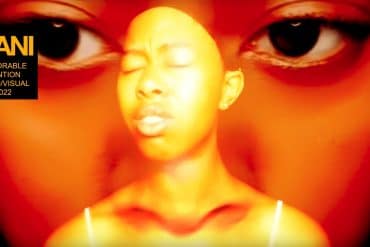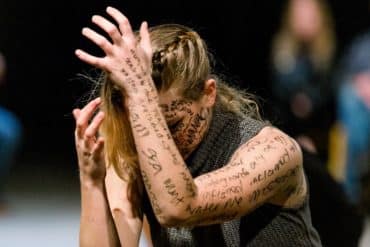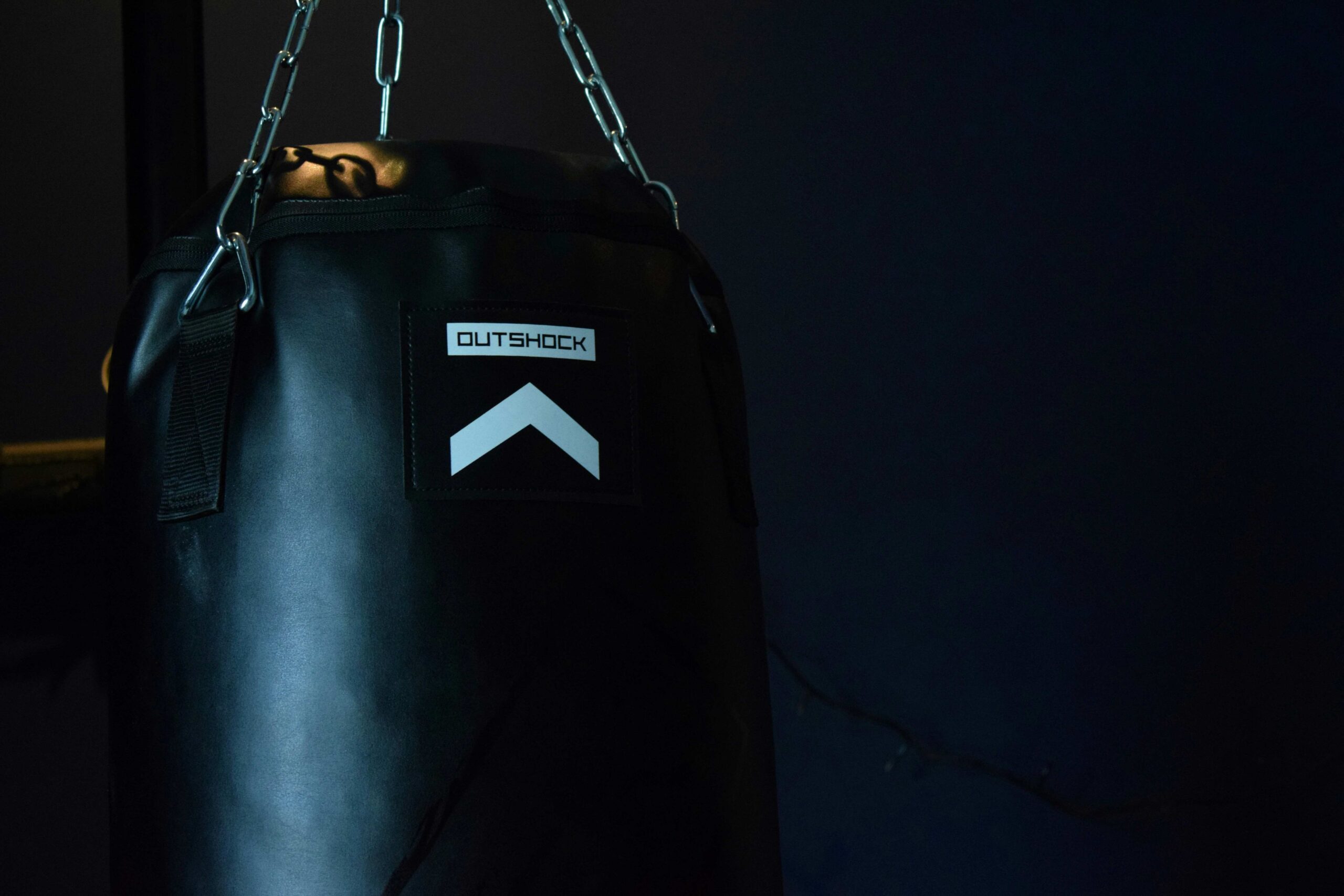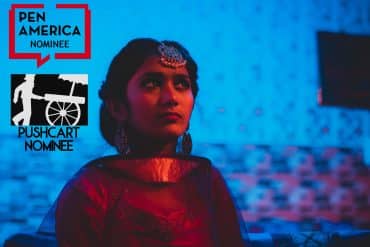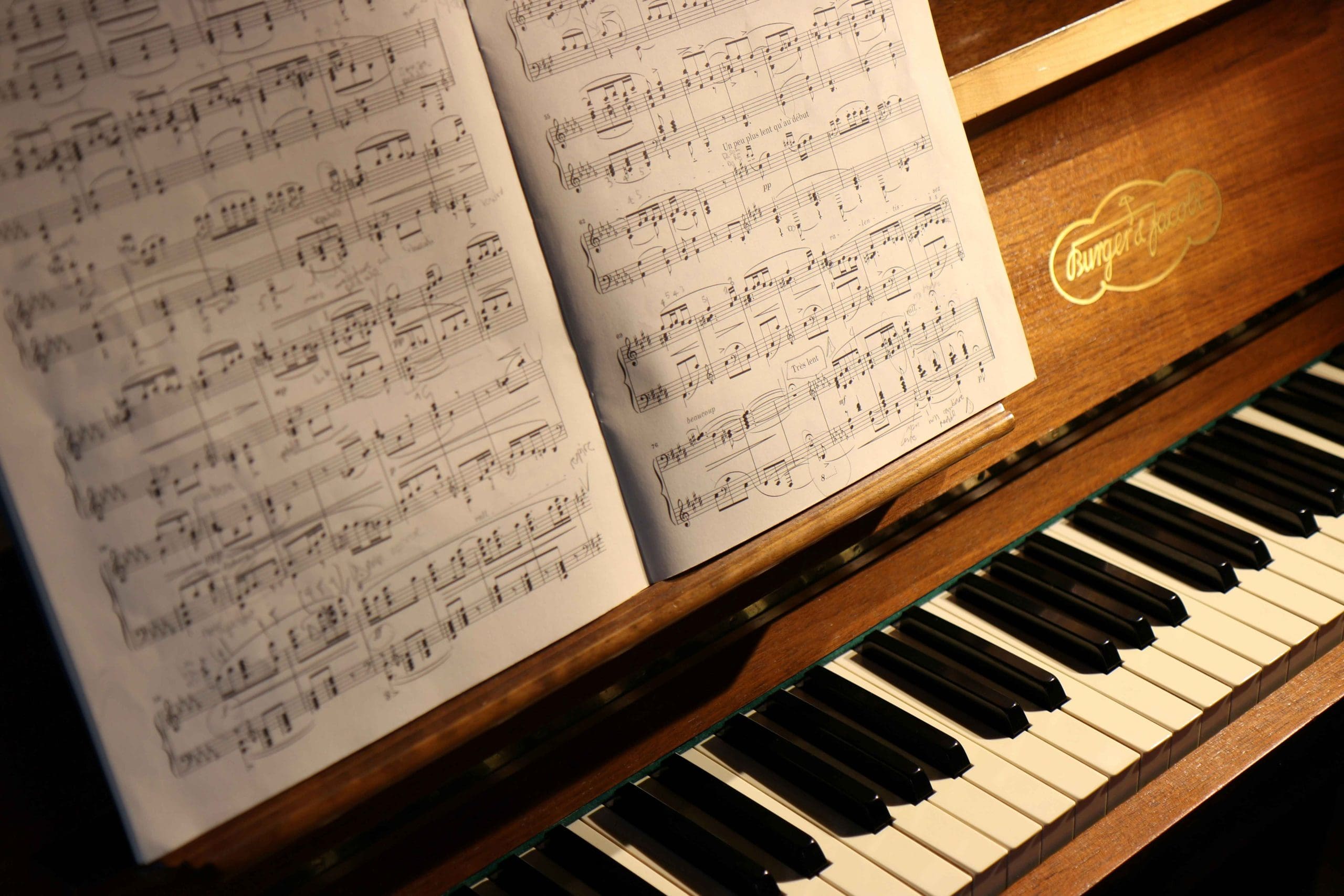Pitch (Not) Perfect: My Quixotic Journey in the World of Music
Author’s Memo
What does it mean to educate all students? This autoethnographic narrative, focusing on my personal journey to learn to sing, describes the growth and development I experienced once I found mentors who, despite my lack of “natural musical abilities” or “talent,” believed I could learn. It also reflects the impact well-trained, knowledgeable teachers can have when educating students who may require different learning supports or alternative learning strategies to reach goals others achieve more easily or quickly. Although situated within the context of vocal music, this narrative has implications for teaching and learning in other disciplines, including disciplines essential to scholastic success.
‘This autoethnographic narrative, focusing on my personal journey to learn to sing, describes the growth and development I experienced once I found mentors who, despite my lack of “natural musical abilities” or “talent,” believed I could learn.
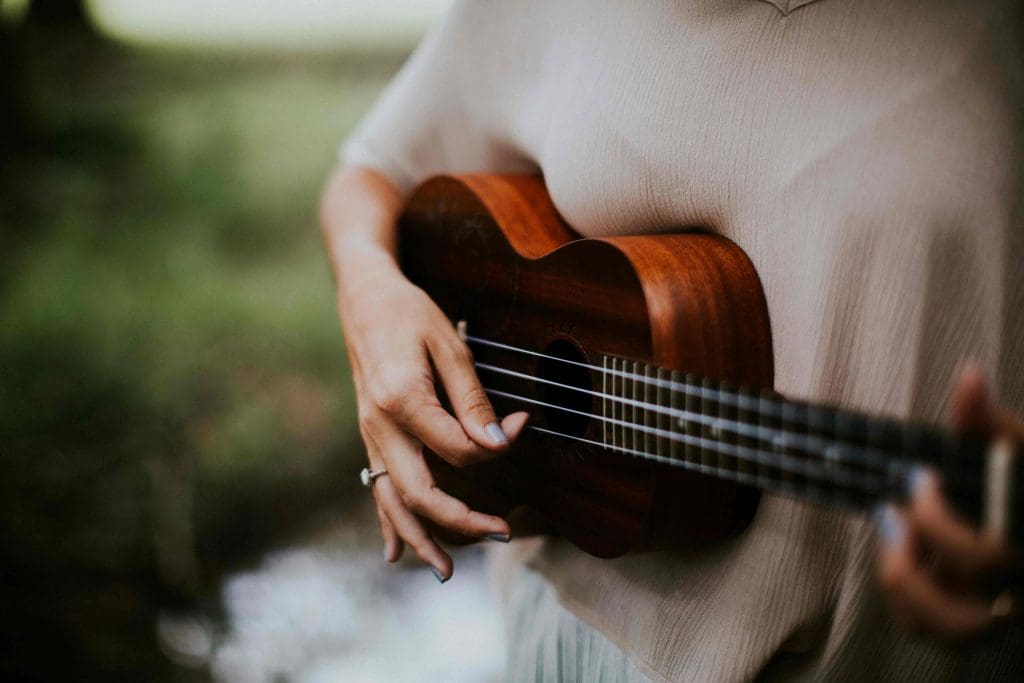
I’m as prepared as I can be, but I’m trembling. I love to sing and I have a loud strong voice, but I’m not what you’d call “a natural musician.”
If I were “musically inclined,” this would be easy. I’m not. At my junior high graduation, we sang “Morning Has Broken.” I was asked to “sit in the back and mouth the words.” I did as I was told. But I really wanted to sing.
In high school, I took voice lessons, only to discover I was more than “a little pitchy.” I was totally off key. And my sense of rhythm…. Well, let’s just say, I was someone who marches to the beat of her own drum. My singing was as challenging for me as it was for my voice teacher. She just didn’t know how to help a “non-singer” learn to sing. I tried again in college, with similarly dismal results.
When I moved back to Chicago after graduation, my mom introduced me to Ron, a colleague at the university where she taught. Ron had a beautiful baritone voice. He’d been a professional opera singer and then went on to earn his PhD in music. He believed he could teach me to match pitch. He believed I could learn to sing.
‘It also reflects the impact well-trained, knowledgeable teachers can have when educating students who may require different learning supports or alternative learning strategies to reach goals others achieve more easily or quickly.
Painstakingly, note by note we made progress. At first, I had difficulty matching a single pitch. Then I struggled to sing the first 5-notes of a scale. But I persevered. Ron persevered. Finally, after so many “do, re, mi’s,” I not only learned to sing an octave scale, but could sing arpeggios, patterns, and simple songs.
I’d been working with Ron for a while when I was cast as Nora in a small production of Sean O’Casey’s “The Plough and the Stars.” This was not some newfangled musical version, but, as it turns out, in Act IV, Nora sings a few bars of a traditional Irish tune. Acapella. I panicked. I scheduled extra voice lessons with Ron. I practiced at home. I practiced in my car. I practiced as I walked through the park. For weeks, I listened to the song on an endless loop. My sister knew of my struggles and all I’d done to be able to sing those few bars. After one of the performances, she said, “I think that was the most expensive song you’ve ever sung.” She was right.
‘Although situated within the context of vocal music, this narrative has implications for teaching and learning in other disciplines, including disciplines essential to scholastic success.
Around this time, I began to get cast as a supernumerary at the Lyric Opera. A supernumerary is a silent “extra,” but it was pure joy to be in the middle of such glorious music. I was lucky to be invited to play a variety of roles. From courtiers, to servants, to streetwalkers, I loved every minute. The excitement of watching from the wings as the conductor raised the baton. Then hearing the first few notes take flight as the musicians began the overture, each instrument adding its voice as the music swelled and soared. Finally, the singers joined in, their voices sailing towards the highest of the gilt balconies. I was enraptured, immersed in the music, even if only as a silent participant.
When I moved to Massachusetts for grad school, I noticed there was a music school only blocks from my apartment. I called to inquire about voice lessons, but was told that if I wanted to take private lessons I would need to audition. I was rattled. If I couldn’t continue taking lessons, I knew all of the hard-fought gains I’d made would be lost. So, before the audition, I practiced singing along to a prerecorded series of warm up exercises.
‘I’m as prepared as I can be, but I’m trembling. I love to sing and I have a loud strong voice, but I’m not what you’d call “a natural musician.”
I arrived early for my audition and saw a young high-school student enter the audition room, as her mother sat nervously outside. The music school was in an old mansion, so the rooms weren’t as soundproof as one might expect. I couldn’t make out the details of their conversation, but once the girl began to sing, I could hear every note. She had a small timid voice, but was generally on key. As she sang, I worried whether she would be deemed “qualified” to take private voice lessons. I worried that this high school student might be denied the opportunity to experience the music deep within grow and flourish; without the wise and nurturing guidance of a trained musician, a mentor, that music might wither and fade, until she could no longer sense its notes or feel its pulse.
When the door to the audition room opened, the girl’s mother inquired about “next steps.” She was told she could go to the Registrar’s office and register her daughter for private lessons. I was relieved, both for the girl and for myself. I knew, after all of the “do, re, mi’s” I’d sung with Ron, I could sing scales as well as she had. But I was at least twice her age, and this could count against me.
‘If I were “musically inclined,” this would be easy. I’m not. At my junior high graduation, we sang “Morning Has Broken.” I was asked to “sit in the back and mouth the words.” I did as I was told. But I really wanted to sing.
The audition room was sparce and tiny, a rehearsal room with only an upright piano and a piano bench. The director of vocal music, an older woman with a Julia-Childs speaking voice, invited me in. I had barely introduced myself when she began asking questions.
“Could you describe your experience in vocal music?”
“I’ve been taking voice lessons.”
She nodded. “What about your experience in choral music?”
“I have none.” A pained expression flitted across her face.
“None?”
“None.”
“You’ve never sung in a choir?”
“No, never.” I could tell this was the wrong answer.
‘When I moved back to Chicago after graduation, my mom introduced me to Ron, a colleague at the university where she taught.
“I see” she said. Her pained expression turned to consternation. I thought she might dismiss me even before I’d sung a single note.
“Well, then” she said, turning to the piano. “Can you sing these notes?” She plunked out the first 5-notes of a C-scale, as if this “test” would give her the proof she needed to send me on my way.
“I can,” I said, and sang the notes back to her. She looked incredulous, as if it was impossible for her to imagine an adult who could sing these 5-notes, but who had no choral experience whatsoever. She then played a number of octave-long scales. I was able to sing them, as well. She looked a bit flabbergasted when she told me that I, like the high school student, could go to the Registrar and register for private voice lessons.
That’s how I met Karyl. Karyl continued where Ron left off. She too was a trained opera singer with a beautiful voice. Most importantly, she too believed I could learn to sing. I studied with Karyl all through my graduate work, balancing my studies with my singing lessons.
Painstakingly, note by note we made progress.
After grad school, I moved to Connecticut and began studying with Pam. Pam, like Ron and Karyl, is a trained opera singer and a marvelous mentor. I love listening to Pam’s soaring soprano voice, as I attempt to emulate the beauty of her tone and majesty of her artistry. Singing with Pam is joyful and calming, a form of meditation therapy; I have to focus so intently on the music (my mantra) that all else fades away.
Pam, however, encourages students to sing in public. This is terrifying!
Nonetheless, here I am. Despite the urge to flee, I walk towards the community hall to audition for a role in the chorus of Barnum. As I open the door to the Barnum auditions, I see a room filled with people from 8 to 80.
I fill out a numbered audition form and hand it to the stage manager. As I take a seat at one of the large round tables, they call the first singer.
A child skips up the stairs to the stage and begins to sing. This kid has a beautiful voice. Then it dawns on me, she’s singing in front of all of us. I thought I’d be sent to another room to sing one-on-one for the director. But, no, I’ll have to stand on stage and sing in front of the whole crowd. My sheet music rattles in my quivering hands; I wonder if my now-Jell-O legs will be able to ascend the few steps to the stage.
‘After grad school, I moved to Connecticut and began studying with Pam. Pam, like Ron and Karyl, is a trained opera singer and a marvelous mentor.
They call the singer whose audition number is just before mine. One of the women at my table heads to the stage. When she hands her music to the accompanist, I see it’s in a 3-ring binder, each page in its own plastic sleeve for easy page turns. Impressive.
Then, she announces she’ll be singing one of Charity’s solos from Barnum. That’s gutsy. She’s clearly gunning to be the leading lady.
She nails it! “You have an extraordinary voice,” I whisper when she returns to our table.
She’s an impossible act to follow. But I have no choice; that’s exactly what I have to do.
They call my name. Instantly, the white noise of anxiety starts buzzing in my ears; I can barely hear the accompanist’s pleasantries, as I hand her my sheet music, which, needless to say is not in a 3-ring binder. I’m in an altered state as I climb the stairs and begin my 16 bars of “Smoke Gets in Your Eyes.”
When I return to the table, “Charity” smiles at me the way one smiles at a very young child who proudly displays a scribble-scrabble self-portrait. “Nice,” she says, in a “bless-your-heart” cadence.
I know I’m no leading lady, but like the young scribble-scrabble artist, I’m proud of my solo. It wasn’t perfect, not by a longshot, but for me, it was a major accomplishment.
Pam, however, encourages students to sing in public. This is terrifying!
A few days later, I learn I’ve been cast in the chorus. I made the cut. I’ll be playing a snake charmer, complete with a 4-foot-long rubber snake wrapped around my shoulders. Best of all, I won’t need to sit in the back and mouth the words. I won’t be a silent participant. Finally, I too will be able to sing, my loud strong voice joining others in music and harmony.
Credits
Featured Image by Lorenzo Spoleti for Unsplash
Image by Hannah Busing for Unsplash
Learn More
New to autoethnography? Visit What Is Autoethnography? How Can I Learn More? to learn about autoethnographic writing and expressive arts. Interested in contributing? Then, view our editorial board’s What Do Editors Look for When Reviewing Evocative Autoethnographic Work?. Accordingly, check out our Submissions page. View Our Team in order to learn about our editorial board. Please see our Work with Us page to learn about volunteering at The AutoEthnographer. Visit Scholarships to learn about our annual student scholarship competition.
Wendy K. Mages, a Mercy University Professor, is a Pushcart Prize nominee and an award-winning poet and author. To learn more about her and her work, and to find links to her published stories and poetry, please visit https://www.mercy.edu/directory/wendy-mages


